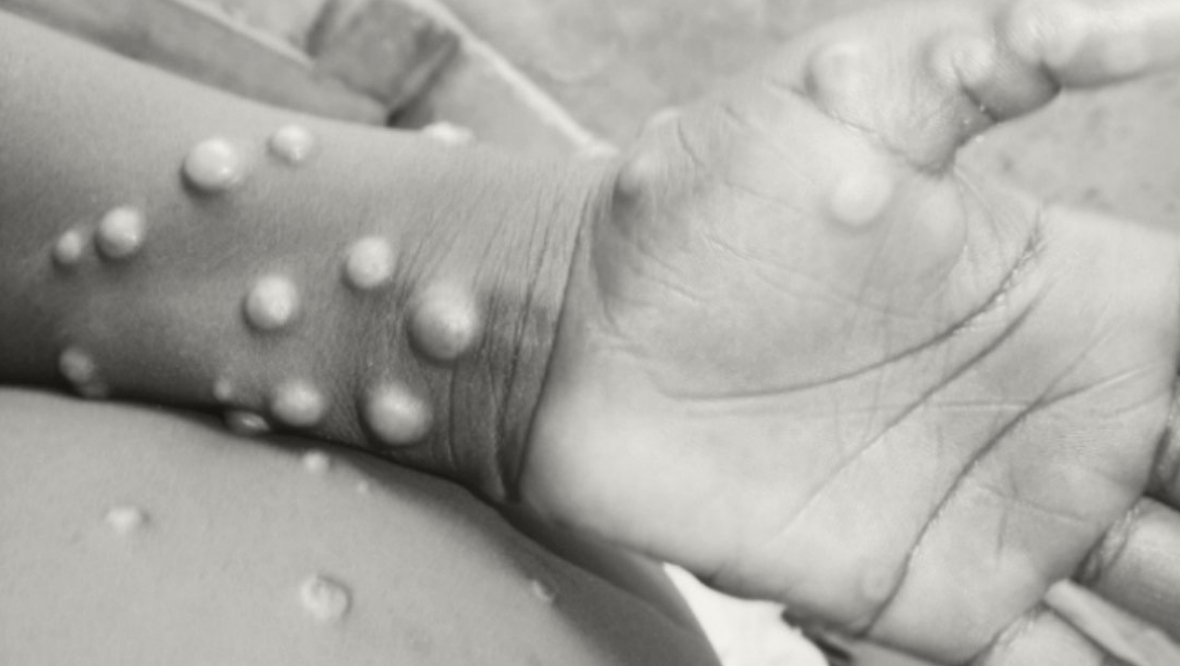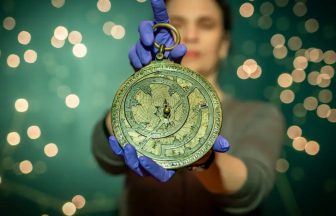The number of Scots monkeypox cases has tripled in less than two weeks as the virus spreads across the UK.
Another patient was confirmed to have caught the disease in Scotland bringing the total to 12 – three times as many reported on May 30.
The UK Health Security Agency (UKHSA) has detected a total of 366 cases across the country.
Close contacts of the cases are being identified, traced and provided with health information, advice and, where appropriate, a vaccine – Public Health Scotland said.
The majority of cases are adults known to be gay, bisexual, or other men who have sex with men (GBMSM) and report recent European travel within 21 days of symptom onset, PHS said.
Medics said investigations continue but currently no single factor or exposure that links the cases has been identified.
The UKHSA has described the outbreak as “significant and concerning” but insisted the risk to the population overall remains low.
Monkeypox is almost nothing like Covid. Related to smallpox, it does not spread or mutate as easily.
But anyone can get monkeypox, particularly if you have had close contact, including sexual contact, with an individual with symptoms.
There are currently 348 confirmed cases in England, two in Northern Ireland and four in Wales.
Anyone who has been in close contact, including sexual contact, with someone who has or might have monkeypox – even if they’ve not been tested yet – in the past three weeks has been urged to contact a sexual health clinic if they have a rash with blisters.
Anyone with the rash that has been to West or Central Africa in the past 21 days is asked to do the same.
What are the symptoms?
Initial symptoms of monkeypox include:
- fever or high temperature
- headache
- muscle aches
- backache
- swollen lymph nodes
- chills
- exhaustion
- rash usually appears one to five days after the first symptoms
A blister-like rash or small number of blister-like sores can develop, often beginning on the face, then spreading to other parts of the body, including the genital area.
The rash changes and goes through different stages, before finally forming a scab, which typically falls off over the course of a couple of weeks.
Individuals are infectious from the point symptoms start until all the scabs fall off.
During this time close contact with others must be avoided.
Follow STV News on WhatsApp
Scan the QR code on your mobile device for all the latest news from around the country


 WHO
WHO

























